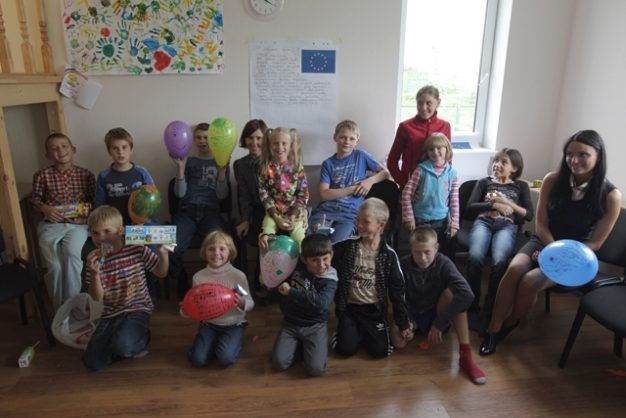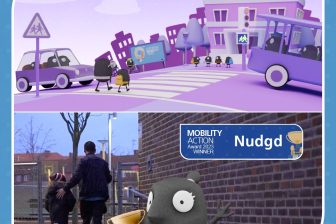Two more years of uncertainty feels like a long time to a child
“The EU said they wanted to make residency rights of EU nationals the first thing to be agreed during the negotiations. Yet their proposal makes residency rights dependent on ECJ jurisdiction, something which won’t be agreed until the end of the negotiations.
“If the EU genuinely want to resolve the question of residence rights of EU nationals, they need to separate out the two issues to enable a negotiation in good faith which can give certainty to the hundreds of thousands of children and their families left in limbo. Two more years of uncertainty feels like a long time to a child.”
Bureaucratic hurdles
Her letter also points out that children who may have to leave the UK after Brexit face considerable disruption to their family life, education and friendships. The Office of the Children’s Commissioner gave the example of one EU family living in the UK where only two of their three children qualified as British citizens due to bureaucratic and administrative hurdles. In another example, each of four children from one EU family living in the UK has a different citizenship status.
Longfield has also written separately to the UK government’s chief Brexit minister David Davis for clarification on the UK’s position on the rights of children of EU nationals in the UK. She has previously warned that uncertainty over their future residency status places children children ‘at risk of anxiety disorders and depression’.
*Under UK devolved government, each of the other British nations, Northern Ireland, Scotland and Wales, has its own children’s commissioner.
Adrian Voce
Photo: The European Neighbourhood Partnership Instrument





